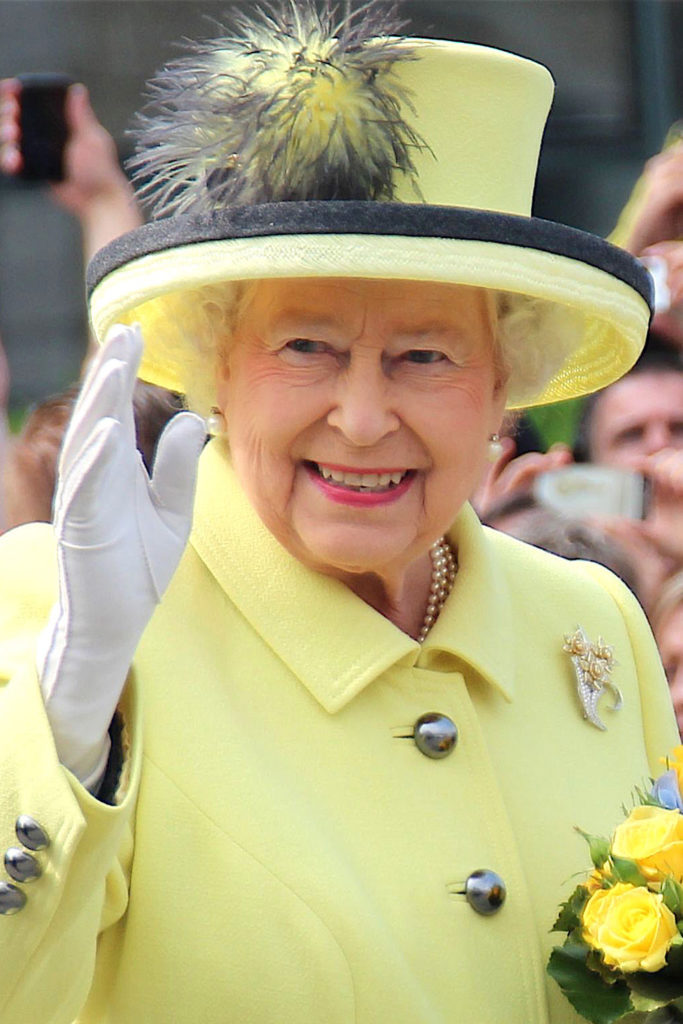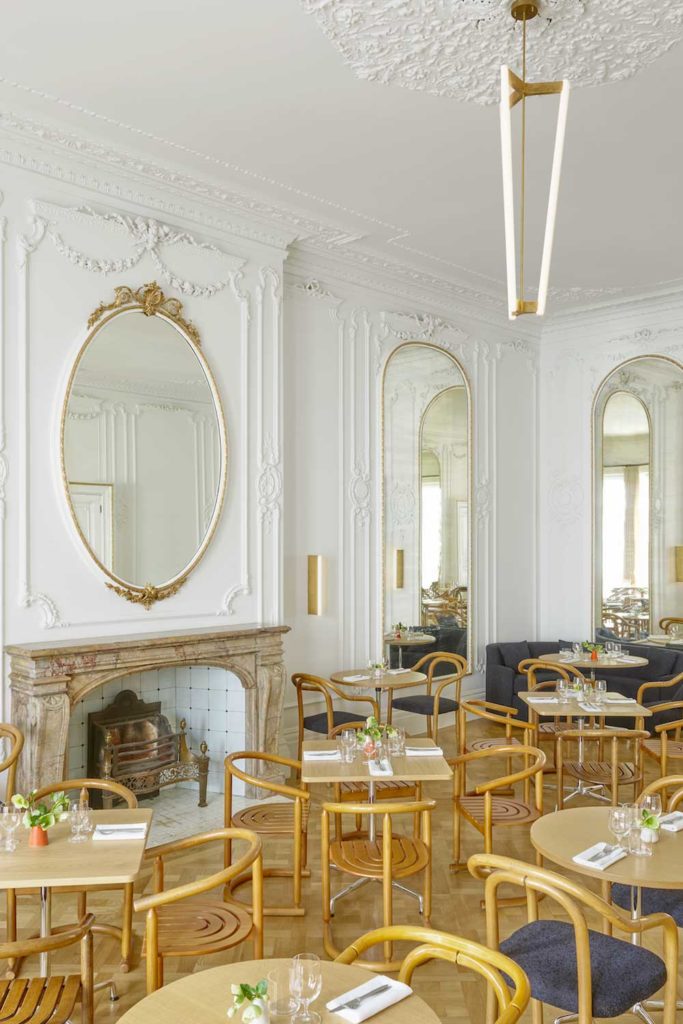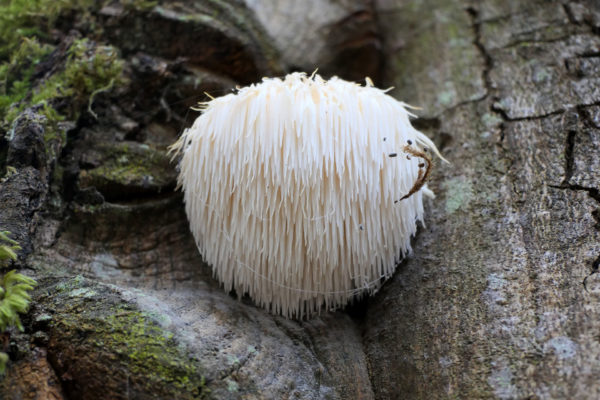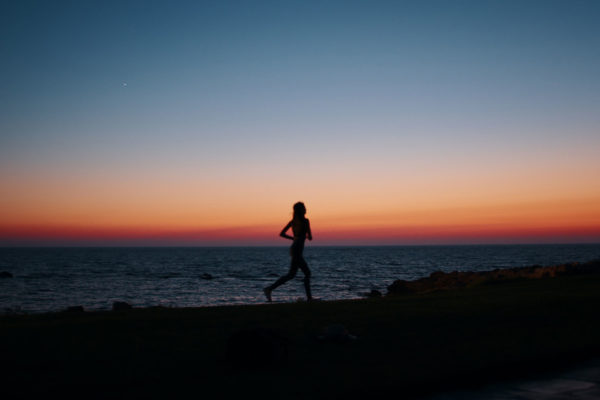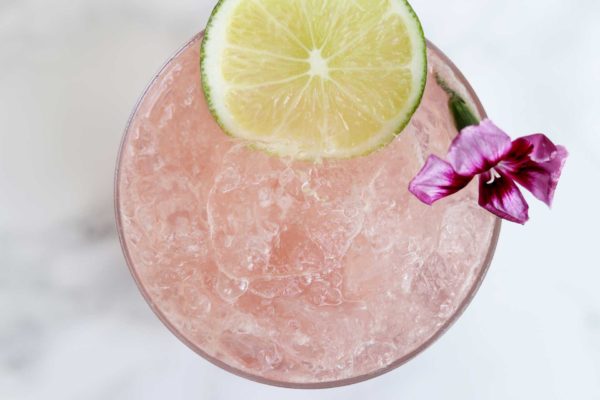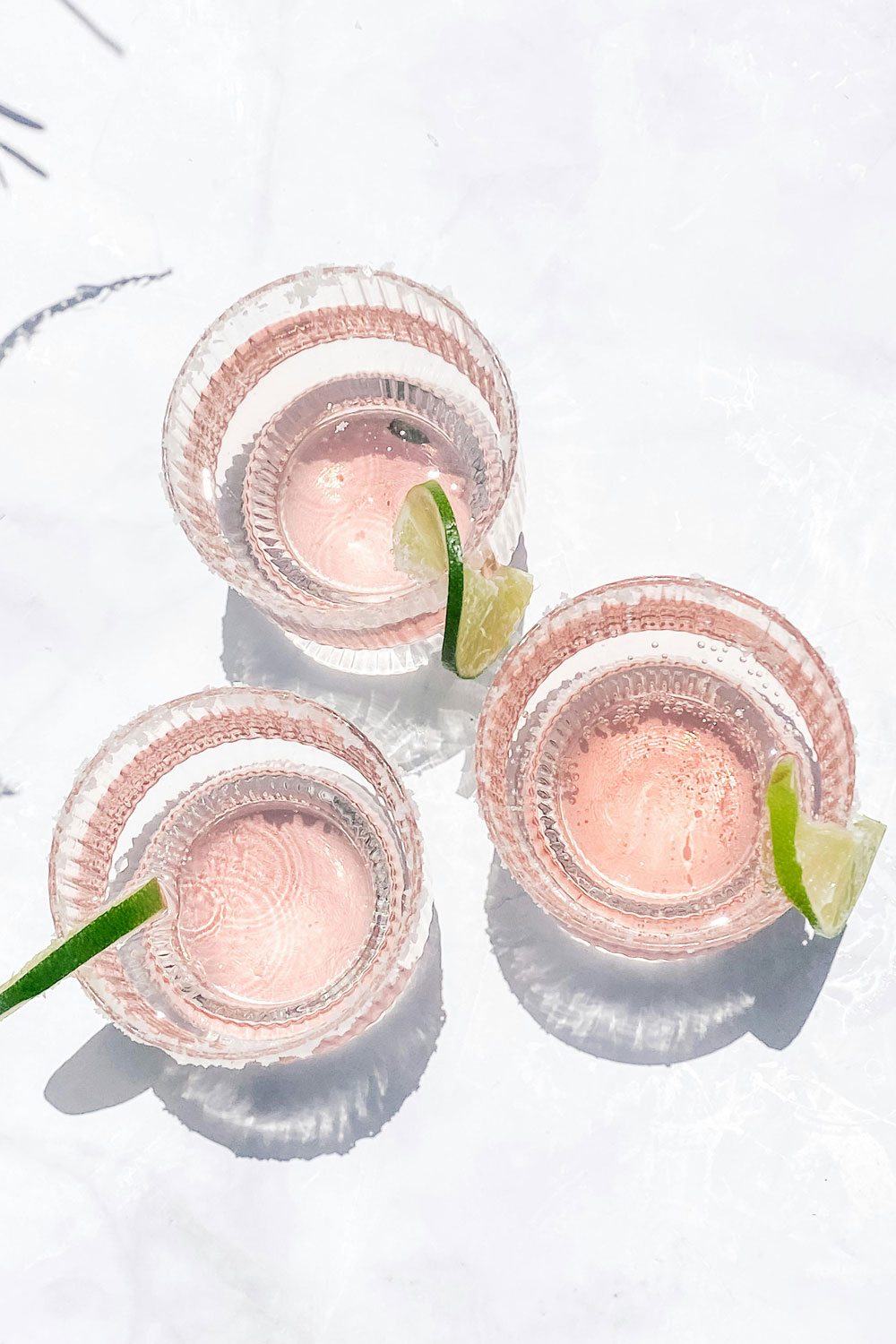
Is Sober October The New Dry January?
By
7 months ago
The health benefits of going teetotal
We’ve all heard of Dry January, the annual challenge which sees people giving up alcohol for the first month of the year. But on the other side of Christmas, another teetotal challenge is gaining momentum: Sober October. Thinking of giving it a go? Here are some of the benefits, plus a few tips for success.
Sober October: What Is It & How To Take Part
What Is The Sober October Challenge?
Sober October is a challenge which encourages people to abstain from alcohol for the month of October. It began in 2014 as a fundraising campaign helmed by UK-based charity Macmillan Cancer Support, with a focus on raising money – but also to encourage people to assess their relationship with alcohol.
What Are The Health Benefits?
A month off alcohol offers a plethora of physical and mental health benefits. While Dry January is a good way to refresh the body after the hectic party season, Sober October can act as a good precursor to all the festivities. Perks include:
Better sleep
Gone are the days of the nightcap: there are now numerous studies showing the detrimental effects of alcohol on sleep. ‘Drinking alcohol might help some of us get to sleep, but it doesn’t give you a restful sleep, as you’ll be spending less time in a deep sleep,’ Richard Piper, the CEO of Alcohol Change UK, told us. ‘When we drink, REM (Rapid Eye Movement) sleep is suppressed which is why many of us can still feel really tired the day after drinking, despite how many hours we’ve managed.’ If you manage Sober October, you can therefore expect better sleep scores and more energy during the day.
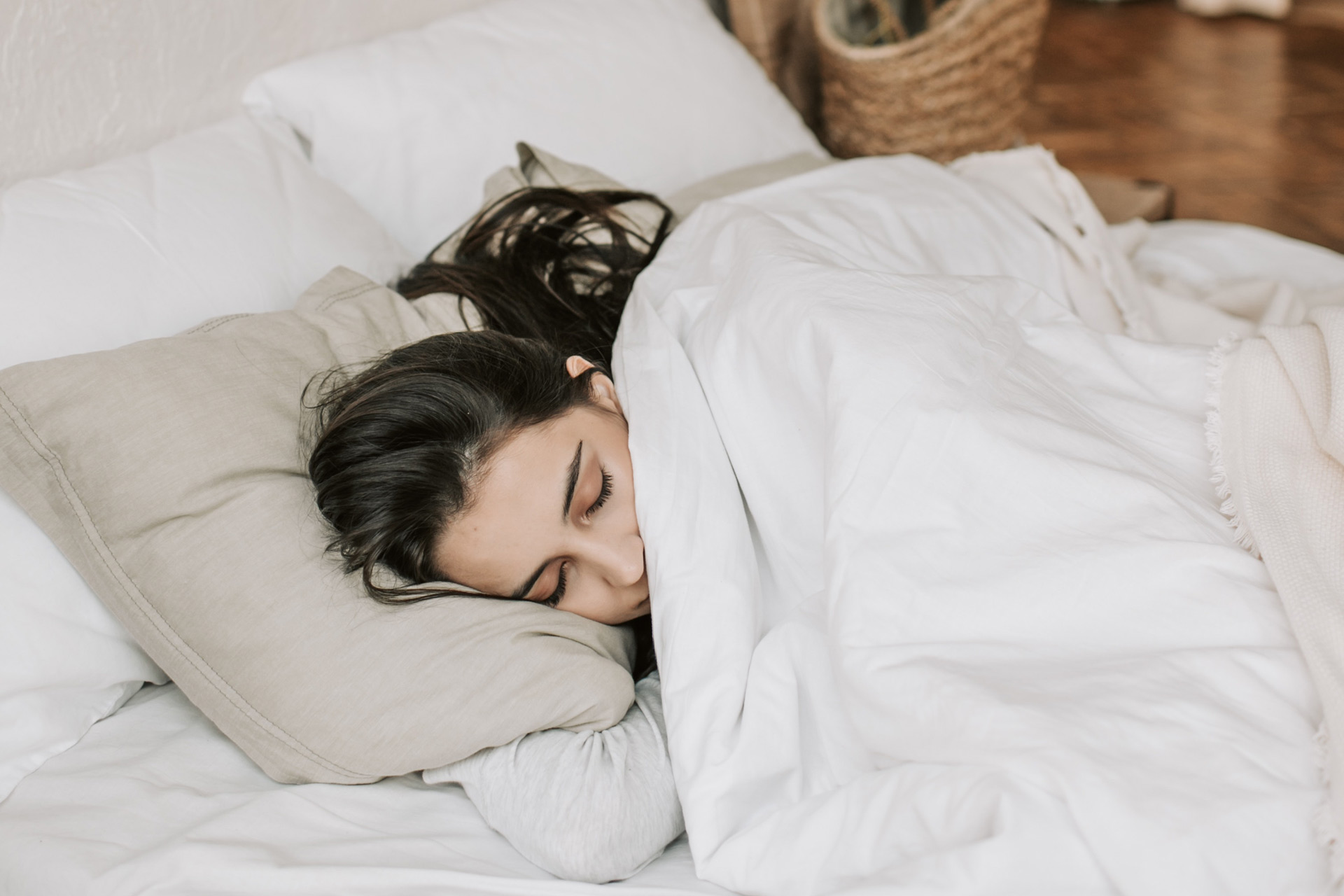
(c) Pexels
Healthier skin
Alcohol is a diuretic, which means it dehydrates us – and that includes our skin. After just one week off the booze, you can expect more hydrated skin, which will appear plumper and smoother, as well as a reduction in redness. Following a month of no drinking, you can expect even more improvement: your complexion will appear brighter and any puffiness and bloating will likely be reduced.
Improved mood
A month of sobriety can bring plenty of mental benefits too. Many people who cut out alcohol notice improvements in their mood and energy levels, and sometimes a reduction in feelings of anxiety, stress and depression.
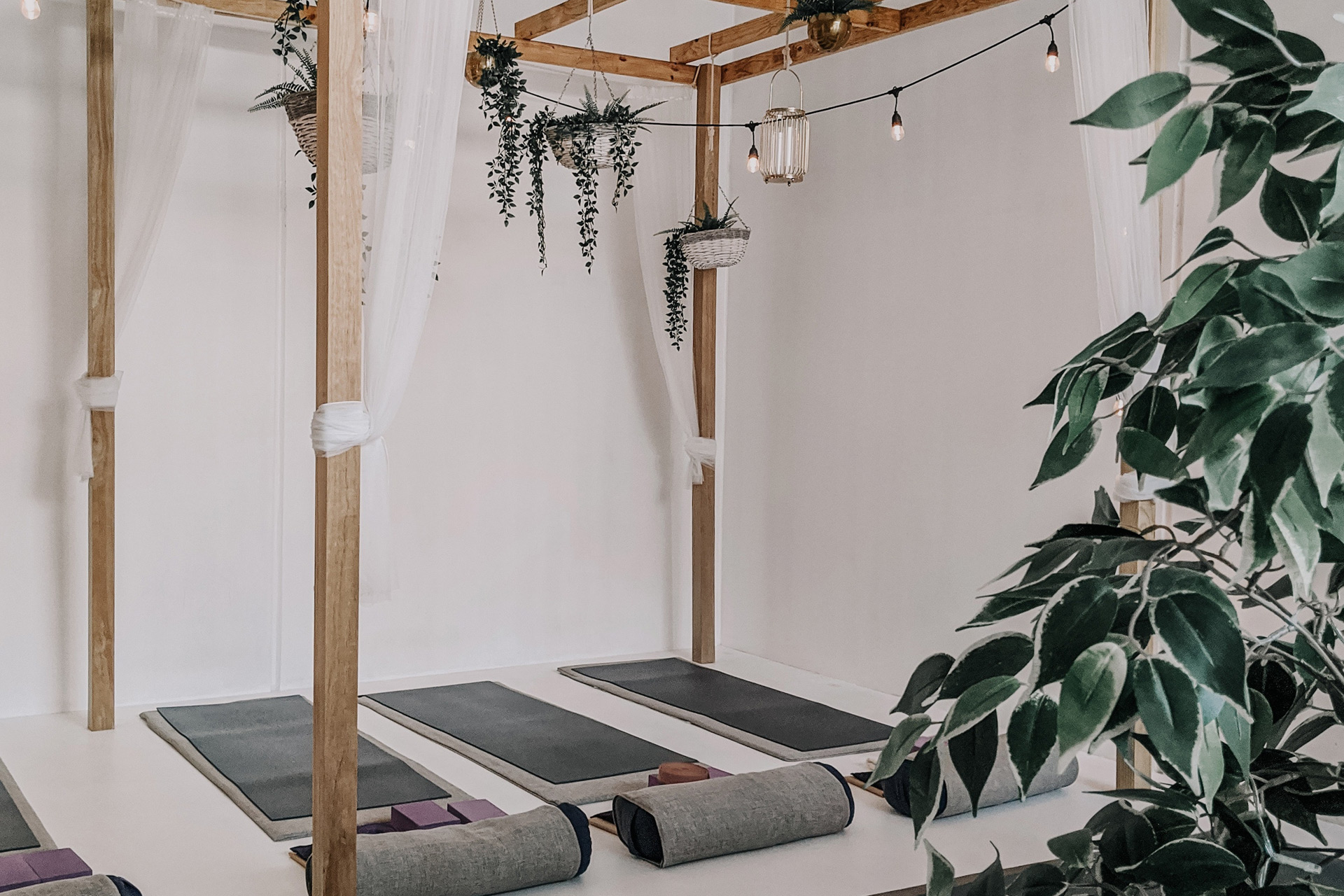
Top Tips For Completing The Challenge
- Stock up on tasty alternatives. The non-alcoholic drinks market is booming, with an abundance of spirits and beers to try, as well as drinks like kombucha and CBD-infused tipples, which still feel like a little treat.
- Write down your reasons for taking part in the challenge, says Louise Avery, founder of kombucha brand L.A Brewery. ‘It’s always helpful to have your own personal motivations at the forefront,’ she says. ‘Getting fit for a sports event? Looking for brighter skin? Want to be more productive at work or give your business a boost? Write your motives down now and they’ll help you to stay on track.’
- Use apps to track your progress, such as Try Dry, which records the calories and money you save by cutting out alcohol.
- And why not treat yourself with all the money you’ve saved? As Avery says: ‘Made it through a week, a month, more? Not only have you saved money but you’ve done your body good. Why not treat it to a massage or book in that PT session you’ve been meaning to. It’s important to reward ourselves for good work, and rewards hack our brains into wanting to keep going.’
- Plan fun activities that don’t involve alcohol, whether that’s a yoga class with a friend, a cinema trip or going to see a new exhibition.
- Encourage friends and family to take part, recommends Piper. ‘Ask your nearest and dearest if they’re interested in joining in. Even if no one else wants to join you, it’s important to have a support network in place – people who won’t pressure you into drinking, and to encourage you if things are tricky.’
- Have a go at making some non-alcoholic cocktails – online platform La Maison Wellness offers lots of recipes. Founder Camille Vidal notes: ‘What makes a cocktail special has very little to do with the amount of alcohol that goes in the glass. It’s about the flavours, the experience and the moment shared. Non-alcoholic and low-alcoholic cocktails can offer all these things.’




